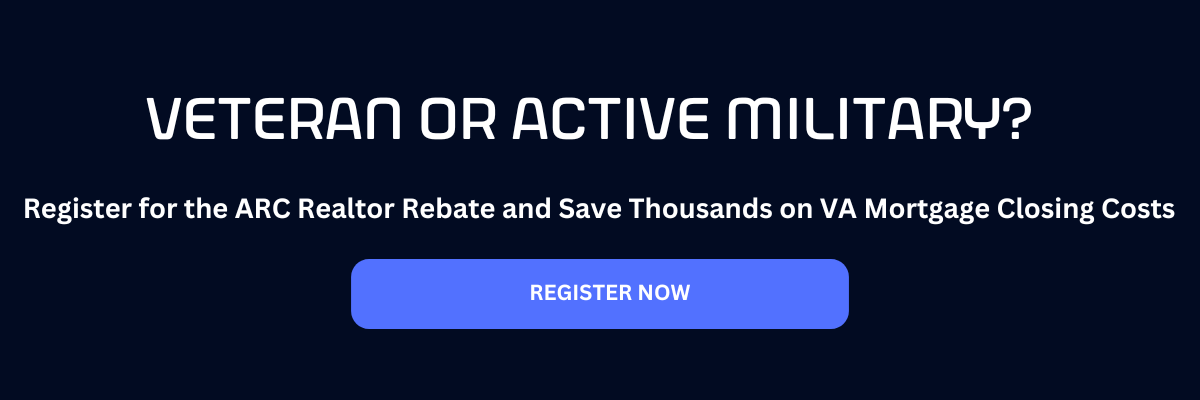Space Force Relocation for PCS Moves: Support That Goes Beyond the Basics
A relocation under PCS orders is never just a move. If you serve in the United States Space Force, it often means uprooting your entire life on short notice, and doing it while staying mission-focused. Whether you’re transferring to a domestic base or receiving OCONUS orders, there’s a lot to manage between now and your report date.
With so many details to coordinate, Space Force relocation assistance through ARC Relocation offers a simpler way to manage your transition. We support Guardians and their families with expert guidance, real estate help, and access to trusted moving resources—so you’re not left figuring it out alone.
What You Can Expect During a Space Force Relocation
Relocating under military orders isn’t the same as a civilian move. There are government requirements, reimbursement policies, base protocols, and housing challenges unique to military life. And as a newer branch, Space Force members are often assigned to joint installations, adding even more variables to the process.
You might be managing back-to-back assignments, moving a family across multiple time zones, or navigating housing near highly secure facilities. When you’re juggling all that while preparing for your next role, the right support can make the difference between a chaotic transition and a smooth one.
Why You Shouldn’t Do It Alone
PCS orders come with a hard deadline. That doesn’t leave much time for researching neighborhoods, handling paperwork, coordinating shipments, or finding a new place to live. One missed detail could delay your move or impact your reimbursement.
Working with a relocation partner means you don’t have to spend weeks sorting through everything yourself. At ARC, we’ve helped thousands of military families relocate successfully. We’ll help you stay organized, avoid common mistakes, and get everything in place on time.

ARC Offers Space Force Relocation Services
You’ve got a limited window to handle a lot of moving parts. ARC Relocation offers full-service assistance to keep your relocation on track and reduce the pressure.
We Know the Process Inside and Out
Our team works with every branch of the U.S. military and has deep experience with PCS moves, including for Guardians. We understand allowances, weight limits, Personally Procured Moves (PPMs), TMO coordination, and the ins and outs of the DOD’s moving systems.
If you’re managing a complex transfer, we’ll help you stick to the timeline and handle the logistics with confidence.
Access to Relocation-Focused Real Estate Professionals
You’ll be paired with military relocation professionals—licensed agents trained specifically to help service members during PCS moves. They understand the need to move quickly, negotiate effectively, and make smart decisions under time pressure.
Whether you’re buying, renting, or selling a home, your agent will walk you through the local market and help you avoid costly delays.
Personalized Support for PPM Moves
If you’ve opted to manage the move yourself, ARC can help with that, too. We’ll guide you through the process of a Personally Procured Move, connect you with vetted carriers, and make sure you know how to track expenses and submit for reimbursement.
You’ll also get access to some of the best moving companies for military members, including those familiar with Space Force installations and joint base requirements.
Planning for International Orders
If you’ve been assigned to a base overseas, ARC offers complete international relocation services to support every leg of the journey. From customs paperwork and language barriers to household goods transport and temporary lodging, we’ll help you plan every step with clarity.
Our overseas support ensures you’re not left scrambling when it matters most.
Real Savings Through ARC’s Realtor Rebate Program
PCS moves often come with unexpected expenses—closing costs, utility transfers, new furniture, or storage fees. That’s why we offer a Realtor Rebate Program that gives money back to Space Force families who buy or sell a home through our referred agents.
This rebate program is free to use and doesn’t affect your agent’s commission or your home price. After closing, you’ll receive a check in the mail, and most families use those funds to help offset the cost of their move.
While other programs like USAA’s Movers Advantage have been discontinued, ARC’s rebate fills the gap and adds more value, offering access to a wider agent network and higher rebate amounts.
SEE IF YOUR ELIGIBLE BY COMPLETING THE FORM BELOW
Why Space Force Guardians Choose ARC
We don’t just coordinate transportation. We act as your relocation partner, supporting you before, during, and after your move. With ARC, you’ll:
- Work with professionals who understand military timelines and pressures
- Gain access to real estate experts who move fast and advocate for you
- Choose from trusted movers with experience in military transfers
- Receive honest, upfront support that’s built for your life in uniform
Whether this is your first PCS or your fourth, we’ll help you make smart choices, stay on track, and reduce the disruption to your family’s daily life.
Space Force Relocation Assistance: FAQs
Do I qualify for the Realtor Rebate if I’m just selling a home?
Yes. Whether you’re buying, selling, or doing both, you’re eligible for the rebate as long as you use one of our referred agents.
What if I’m not relocating within the U.S.?
We regularly assist with overseas PCS moves. From shipping logistics to customs coordination, our international team can help make your transition as smooth as possible.
Can I still get support if I’m renting?
Absolutely. Even if you’re not buying a home, you’ll still get help finding rental listings, reviewing lease terms, and understanding your housing entitlements.
How does ARC differ from a standard moving company?
We go far beyond transportation. We offer full-service relocation assistance designed for the military, combining logistics, housing help, and cash-back savings in one personalized solution.
Final Thoughts
A PCS move is never easy, but with ARC’s Space Force relocation assistance, it doesn’t have to be overwhelming. You’ve got orders to follow, a career to advance, and a family to take care of. Let us handle the logistics while you focus on what comes next.
We’re ready to help—whether you’re relocating stateside or heading abroad. Reach out today to connect with a specialist and learn how much you could save through our Realtor Rebate Program.
Contact us now and let’s get your move underway.













